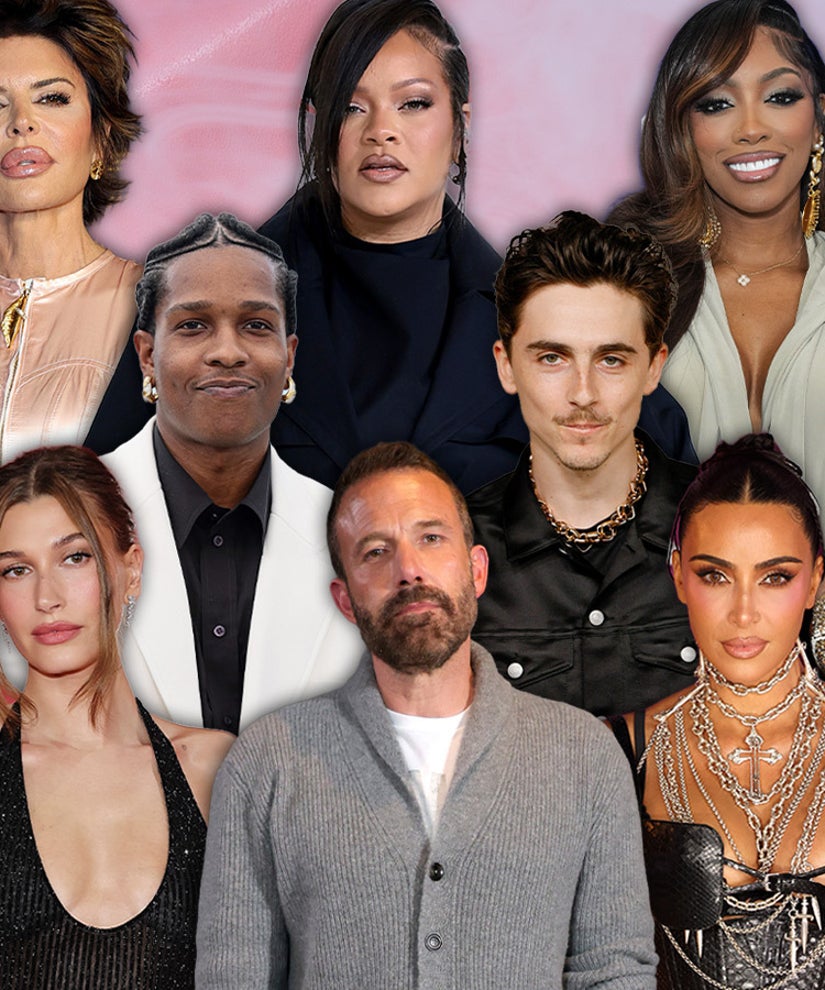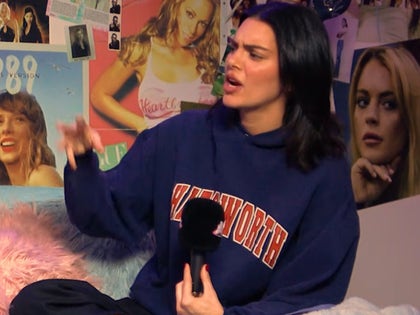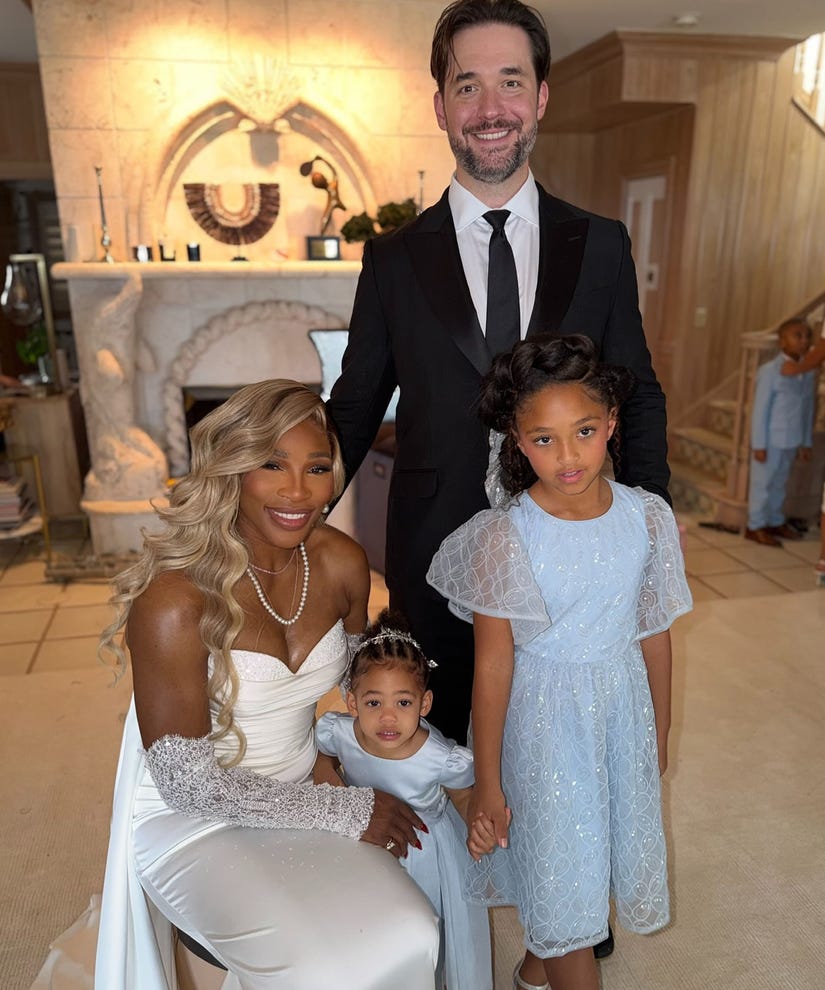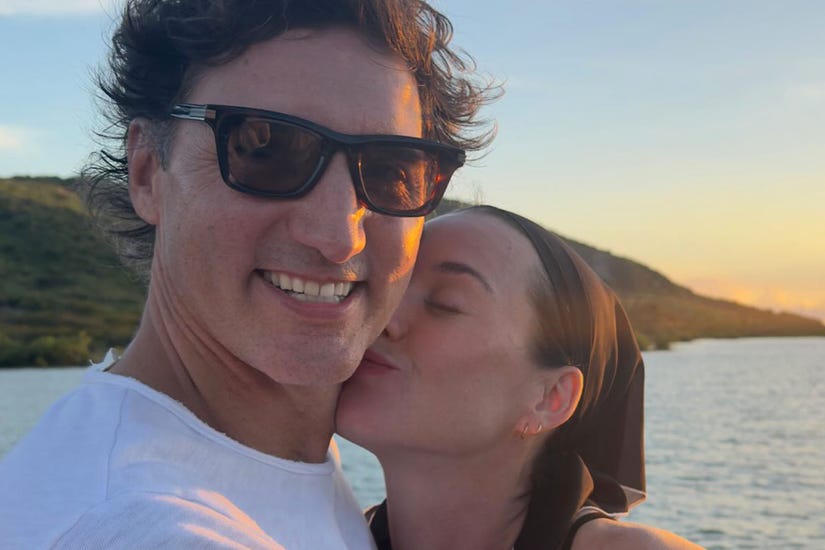
"The pain was so consistent. I was just suffering."
Justin Bieber opened up about the mental health struggles he went through while growing up in the spotlight.
During his new documentary "Justin Bieber: Next Chapter" released on Friday, the entertainer, 26, reflected on his journey from teen YouTube sensation to global icon, where fame often reared its ugly side.
"When I was 15, I was so surrounded," the "Sorry" singer began. "Millions of people in the audience, but I still felt lonely. I still felt misunderstood. I still felt hurt. I just had no idea what was to come. I had no idea that this life would take me by storm. I had no idea that I would get sucked up by all of this stuff."
"There were so many people who were just so mean," he continued. "Random people saying like, 'You suck! You look like a girl!' I would shake it off and act like it didn't bother me, but that stuff bothered me."
He went on to say that the bullying would affect how he treated other people, which became a tortuous cycle, eventually causing him to consider ending his life.
 UMG
UMG
Justin Bieber Looks at His Own Tween Stardom in Haunting 'Lonely' Music Video with Jacob Tremblay
View Story"I think that there was times where I was really, really suicidal," he confessed. "Like, is this pain ever going to go away? It was so consistent. The pain was so consistent. I was just suffering, right? So I’m just like, 'Man, I would rather not feel this than feel this.'"
But Bieber eventually made it through, crediting his faith and his wife, Hailey, in helping him overcome the darkness.
"I'm the most fulfilled, I feel the most stable, I feel the most secure, I feel the most confident," he said of his current life. "I feel so just at peace for the first time in my life. I don't feel like I’m striving. I feel like I know who God's called on me to be, where I am, where I'm supposed to be. I'm walking in the plans of God. The assurance of that is amazing."
Towards the end of the documentary, Bieber gave advice to fans who may be experiencing the same mental health challenges he went through as a teenager.
"I just would encourage people, like, 'Hey, if you’re feeling lonely, talk about it. Say it out loud.’' There's a freedom in that. I could have avoided a lot of pain."
If you or someone you know is struggling with depression or has had thoughts of harming themselves or taking their own life, get help. The National Suicide Prevention Lifeline (1-800-273-8255) provides 24/7, free, confidential support for people in distress.




















